In today's world, the field of computer science is impacting every industry vertical, ranging from healthcare and transportation to business and banking. Therefore, starting your career in the computer science domain would open up a lot of opportunities.
Well, this article intends to walk you through some of the best computer science books that you can read to learn the fundamentals of computer science effectively. So, let’s not waste any time and get familiar with those books. The field of computer science is vast, and it has several domains.
But before diving deep into the field of computer science, one needs to know its basics and various other important topics, such as the internet, the transformation of the world into the digital age, hacking culture and principles, and so on. One easy way to acquire knowledge related to computer science is through books.
10 Best Computer Science Books For Beginners
Here is the list of our cherrypicked computer science books to read in 2025, starting with Algorithms to Live By:
1. Algorithms to Live By: The Computer Science of Human Decisions
Author: Brian Christian and Tom Griffiths.
Algorithms to Live By is the best book about computer science and an ideal choice to understand how computer science runs the world. The book helps you to understand how you can use computer algorithms to solve common decision-making problems. Also, it is a fascinating guide that tells you how computer algorithms can be applied to our everyday lives.
From finding a parking spot and organizing one’s inbox to understanding the working of the human mind, Algorithms to Live By has the power to transform insights of computer science into strategies for human living.
This book covers the following topics:
- Optimal Stopping When to Stop Looking
- Explore/Exploit The Latest vs. the Greatest
- Sorting Making Order
- Caching Forget About It
- Scheduling First Things First
- Bayes's Rule Predicting the Future
- Overfitting When to Think Less
- Relaxation Let It Slide
- Randomness When to Leave It to Chance
- Networking How We Connect
- Game Theory The Minds of Others
About the Author
Brian Christian is an American non-fiction author, programmer, researcher, and poet. In addition to Algorithms to Live By, he is well-known for The Most Human Human.
Tom Griffiths is an Australian academic and a professor of Information Technology, Culture, and Consciousness at Princeton University. Also, he is a professor of cognitive science and psychology at UC Berkeley.
Publisher:
Henry Holt and Co
Paperback Print Length:
368 pages
You can buy this book from here .
2. The Soul of a New Machine
Author: Tracy Kidder
The next name on our best computer science books list is The Soul of a New Machine. The computer science book highlights the experiences of a computer engineering team hustling to design a next-generation computer under tremendous pressure. The author has narrated everything about real people working to develop a real machine in this book.
This book explores stories of 35-year-old veteran engineers that hire recently graduated college talents and encourage them to work hard on complex and challenging projects. In addition, the work management described in this book is quite different from the traditional ones. Instead of the management forcing laborers to work harder, the laborers volunteer to get the work done on time because people work themselves when the work is challenging and rewarding.
About the Author
Tracy Kidder is an American author who writes non-fiction books. He won the Pulitzer Prize for The Soul of a New Machine. He is also considered a literary journalist for his strong storyline in writing.
Publisher:
Back Bay Books
Paperback Print Length:
297 pages
You can buy this book from here .
3. Superintelligence: Paths, Dangers, Strategies
Author: Nick Bostrom
The next name on our list of the best computer science books is Superintelligence: Paths, Dangers, Strategies. In this book, the author has laid the foundation for understanding the future of human lives when superintelligent machines will come into existence. He has described that if the machines surpass human brains in general intelligence, this superintelligence of machines will replace humans.
After reading this book, you will develop a better understanding of the following topics:
- Oracles, genies, and singletons.
- Boxing methods, tripwires, and mind crime.
- Humanity’s cosmic endowment and differential technological development.
- Indirect normativity, instrumental convergence, whole brain emulation, and technology couplings.
- Artificial intelligence , cognitive intelligence, and biological cognitive enhancement.
- Malthusian economics and dystopian evolution.
About the Author
Nick Bostrom is a philosopher and polymath with a strong background in artificial intelligence, computational neuroscience, philosophy, and theoretical physics. He leads the Future of Humanity Institute and is a professor at Oxford University.
Publisher:
OUP Oxford
Paperback Print Length:
431 pages
You can buy this book from here .
4. Hackers: Heroes of the Computer Revolution
Author: Steven Levy
Hackers: Heroes of the Computer Revolution primarily emphasizes hacker culture, where the author has described the people, the machines, and the events that defined the hacker culture and hacker ethics. Some prominent hacker figures mentioned in this book are Joh Draper, Bill Gates, Richard Greenblatt, Steve Jobs, Stephen “Woz” Wozniak, Marvin Minsky, and Richard Stallman.
The computer science book also explains Apple II, IBM PC, TX-0, Altair 8800, and Atari 800. Later, he provided a description of hacker ethics and principles. These principles are as follows:
- Access to computers should be limited and total.
- All information should be free.
- Mistrust authority - promote decentralization.
- There should not be bogus criteria to judge hackers, like degrees, age, race, or position. The only thing that matters is their hacking skills.
- You can create art and beauty on a computer.
- Computers can transform your life for the better.
The author has divided the book into four parts as follows:
- True Hackers
- Hardware Hackers
- Game Hackers
- The Last of the True Hackers
About the Author
Steven Levy is a senior writer for Wired. Formerly, he was a chief technology writer and a senior editor for Newsweek. He has more than 30 years of experience writing about technology.
Publisher:
O'Reilly Media
Paperback Print Length:
520 pages
You can buy this book from here .
5. Code: The Hidden Language of Computer Hardware and Software
Author: Charles Petzold
Code: The Hidden Language of Computer Hardware and Software discusses how personal computers work at a hardware and software level. In the softcover edition, the author expresses that his main goal in writing this book was to make readers aware of the working of computers at a concrete level.
In the beginning, Petzold discussed older technologies, like Morse code, Boolean logic, and Braille, to explain transistors, integrated systems, and vacuum tubes. The book also covers the most trending topics, like operating systems, ASCII, and floating-point math. Furthermore, the author has thrown light on pre-networked computers.
About the Author
Charles Petzold is an American programmer and technical author on Microsoft Windows applications. He has more than 25 years of experience writing about Windows programming. Moreover, he is a Microsoft Most Valuable Professional and one of Microsoft’s seven Windows Pioneers.
Publisher:
Microsoft Press
Paperback
P
rint Length:
400 pages
You can buy this book from here .
6. The Chip: How Two Americans Invented the Microchip and Launched a Revolution
Author: T.R. Ried Number
Six on our list of the best computer science books is The Chip. In this computer science book, the author has described how the digital age began. A few decades ago, computers were huge and expensive, and only a few scientists had seen them. Nonetheless, the brightest engineers across the world were determined to make huge and expensive computers small and affordable.
The silicon chips drive everything that requires power, from toys to heart monitors. Consequently, two ingenious young Americans, namely Jack Kilby and Robert Noyce, came up with their stunning discovery of the silicon microchip. This computer science book covers the adventure story of Jack Kilby and Robert Noyce and their invention, the silicon chip.
About the Author
T.R. Ried is a longtime correspondent for The Washington Post and Former Chief of its Tokyo and London bureaus. He is also a commentator for National Public Radio.
Publisher:
Random House Tarde Paperbacks
Paperback Print Length:
322 pages
You can buy this book from here .
7. Everything You Need to Ace Computer Science and Coding in One Big Fat Notebook: The Complete Middle School Study Guide
Author: Workman Publishing Company and Grant Smith
This book is written by authors from the Workman Publishing Company, and Grant Smith is the contributor to this book. It is a comprehensive guide that helps readers to get aware of the key concepts of computer science, along with their definitions, diagrams, and doodles to have a better understanding. This book covers various computer science topics, such as the following ones:
- Binary Code
- Algorithms
- Computing Systems
- Boolean Expressions
- Web Development
- Cybersecurity
- HTML and CSS
- Programming in Scratch and Python
This computer science book is a perfect guide for beginners who wish to learn computer science.
About the Author
Grant Smith is an educator who teaches computer science to any student, ranging from toddlers to adults. Additionally, he is the Vice President of the Education for Code Ninjas, the largest kids coding franchise.
Publisher:
Workman Publishing Company
Paperback Print Length:
576 pages
You can buy this book from here .
8. The Innovators: How a Group of Hackers, Geniuses, and Geeks Created the Digital Revolution
Author: Walter Isaacson and Dennis Boutsikaris (Narrator)
In this book, the author reveals the story of people who created the computer and the internet. This book covers the standard history of the digital revolution and explains how innovation really happens. In addition, this book provides answers to the following questions:
- What were the talents that allowed certain inventors to transform their visionary ideas into realities?
- What led to their creative leaps?
- Why did some succeed and others fail?
The author had begun with Ada Lovelace, who pioneered computer programming in the 1840s. Later, he explored other personalities that have made this digital world possible, including Alan Turing, J.C.R. Licklider, Robert Noyce, Steve Wozniak, Tim Berners-Lee, Vannevar Bush, John von Neumann, Doug Engelbart, Bill Gates, Steve Jobs, and Larry Page.
About the Author
Walter Isaacson is a professor of history at Tulane and has been a CEO of Aspen Institute, char of CNN, and editor of Time. He is also the author of many well-known books, including Leonardo da Vinci, Steve Jobs, Benjamin Franklin: An American Life, and Kissinger: A Biography.
Publisher:
Simon & Schuster
Paperback Print Length:
561 pages
You can buy this book from here .
9. A Programmer's Guide to Computer Science: A virtual degree for the self-taught developer
Author: Dr. William M Springer II, Nicholas R Allgood, and Brit Springer
Dr. William M Springer II is the author, Nicholas R Allgood is the editor, and Brit Springer is the illustrator of this book. It is the best guide for individuals who wish to kick-start their journey in the programming domain. This book covers the following topics:
- Algorithms and data structures
- Graphs
- Problem-solving techniques
- Complexity theory
In this book, the author has introduced topics that you learn in the four-year computer science graduate degree program.
About the Author
Dr. William M Springer II is a Senior Developer at a major software company with a Ph.D. in computer science.
Publisher:
Jaxson Media
Paperback Print Length:
188 pages
You can buy this book from here .
10. Code Complete: A Practical Handbook of Software Construction
Author: Steve McConnell
Our last suggestion for the best computer science books is Code Complete, which is also one of the best practical guides to programming. For more than a decade, it has been helping many professionals to write better software code. It covers the best programming practices and hundreds of code samples that describe the science and art of software construction.
In this book, you can find cutting-edge programming techniques and strategies that can help you to:
- Design software with maximum creativity and minimum complexity.
- Reduce and flush out errors while writing software code.
- Debug problems quickly and efficiently.
- Resolve critical construction problems at the early stages.
- Develop high-quality software.
About the Author
Steve McConnell is one of the renowned authors in the development community. He is the winner of the Productivity Award of the Software Development magazine. In addition, he is the Senior Software Engineer at Construx Software. Also, he was the lead developer of Construx Estimate.
Publisher:
Microsoft Press
Paperback Print Length:
960 pages
You can buy this book from here .
Conclusion
All the computer science books mentioned above can help you to learn various topics related to computer science, like the invention of the computer, the internet, and the people who made this digital age possible. Algorithms to Live By is the book that teaches how computer science runs the world.
On the other hand, The Soul of a New Machine highlights the experiences of engineers that hustle to build next-generation computers. Similarly, SuperIntelligence: Paths, Dangers, Strategies educates readers about the future of human lives when super-intelligent systems will come into existence.
Also, Hackers: Heroes of the Computer Revolution introduces people, events, and machines that define hacker culture and ethics. Chip: How Two Americans Invented the Microchip and Launched a Revolution aims to educate readers about the inventors of the silicon chip.
Additionally, Code: The Hidden Language of Computer Hardware and Software aims to provide detailed information about the working of computers at a hardware and software level.
Further, The Innovators walks you through the personalities that have made this digital age possible. A Programmer's Guide to Computer Science covers all computer science topics that you learn in a four-year degree program. Lastly, Code Complete is a practical programming guide that introduces you to cutting-edge programming strategies.
People are also reading:
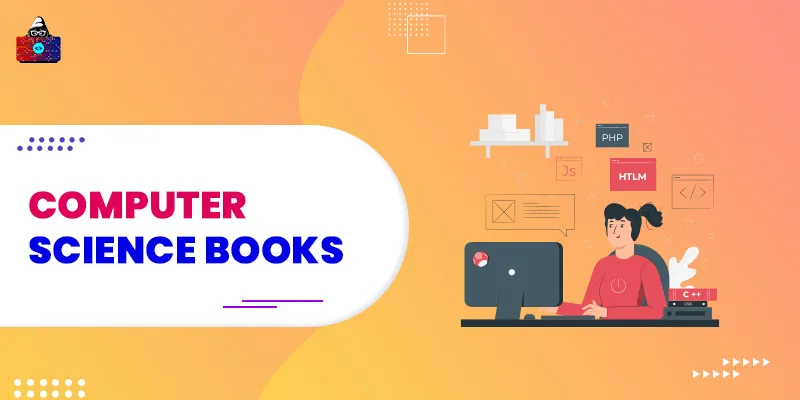

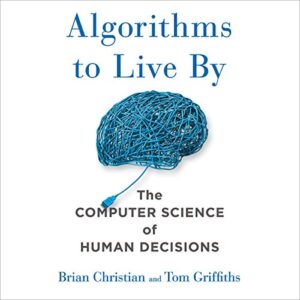
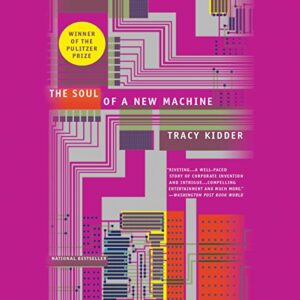
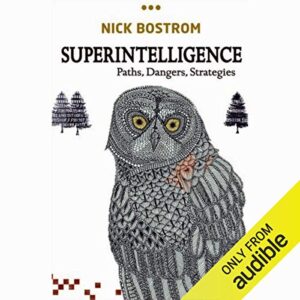
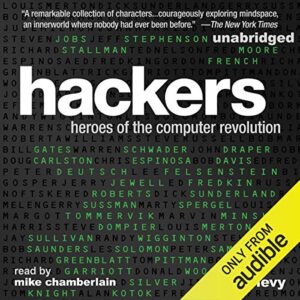
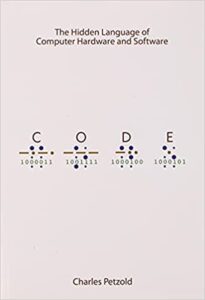
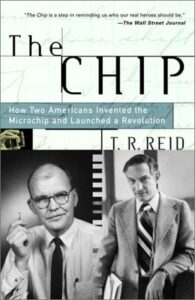
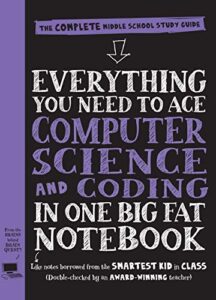
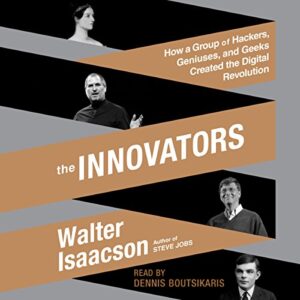
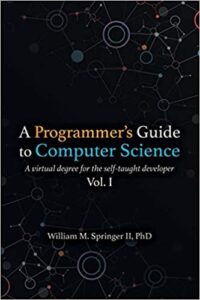
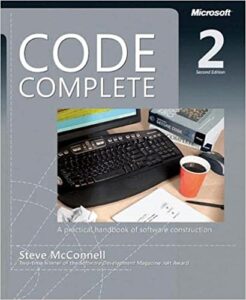
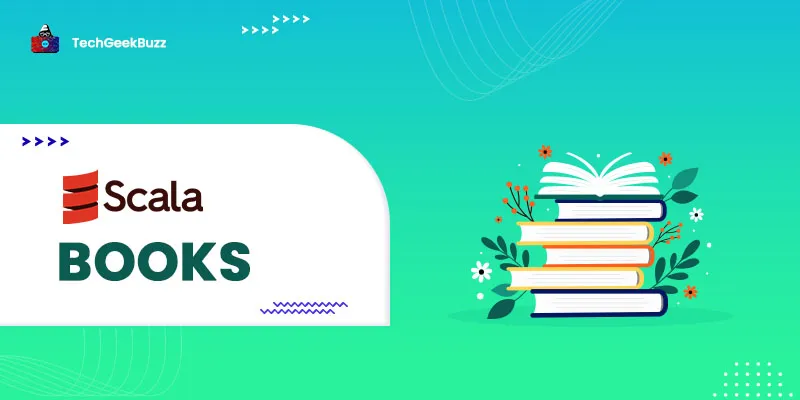
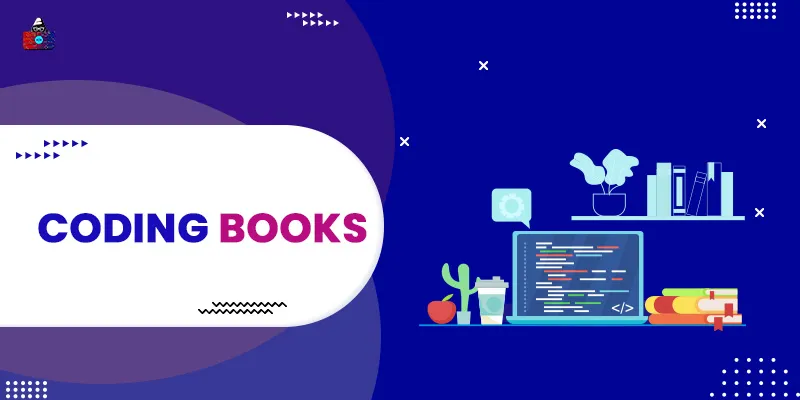
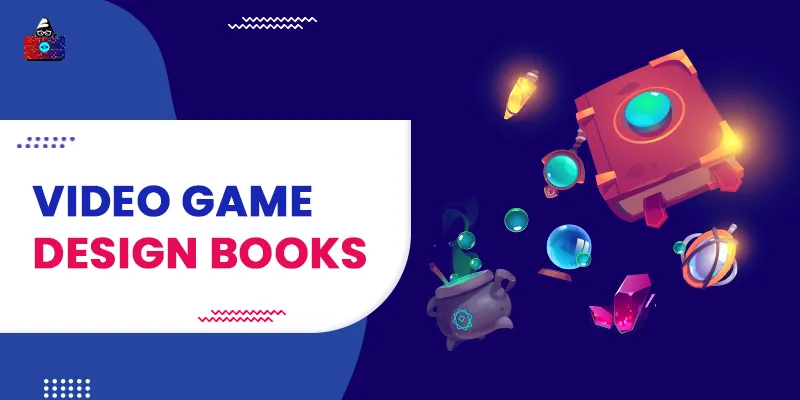
Leave a Comment on this Post